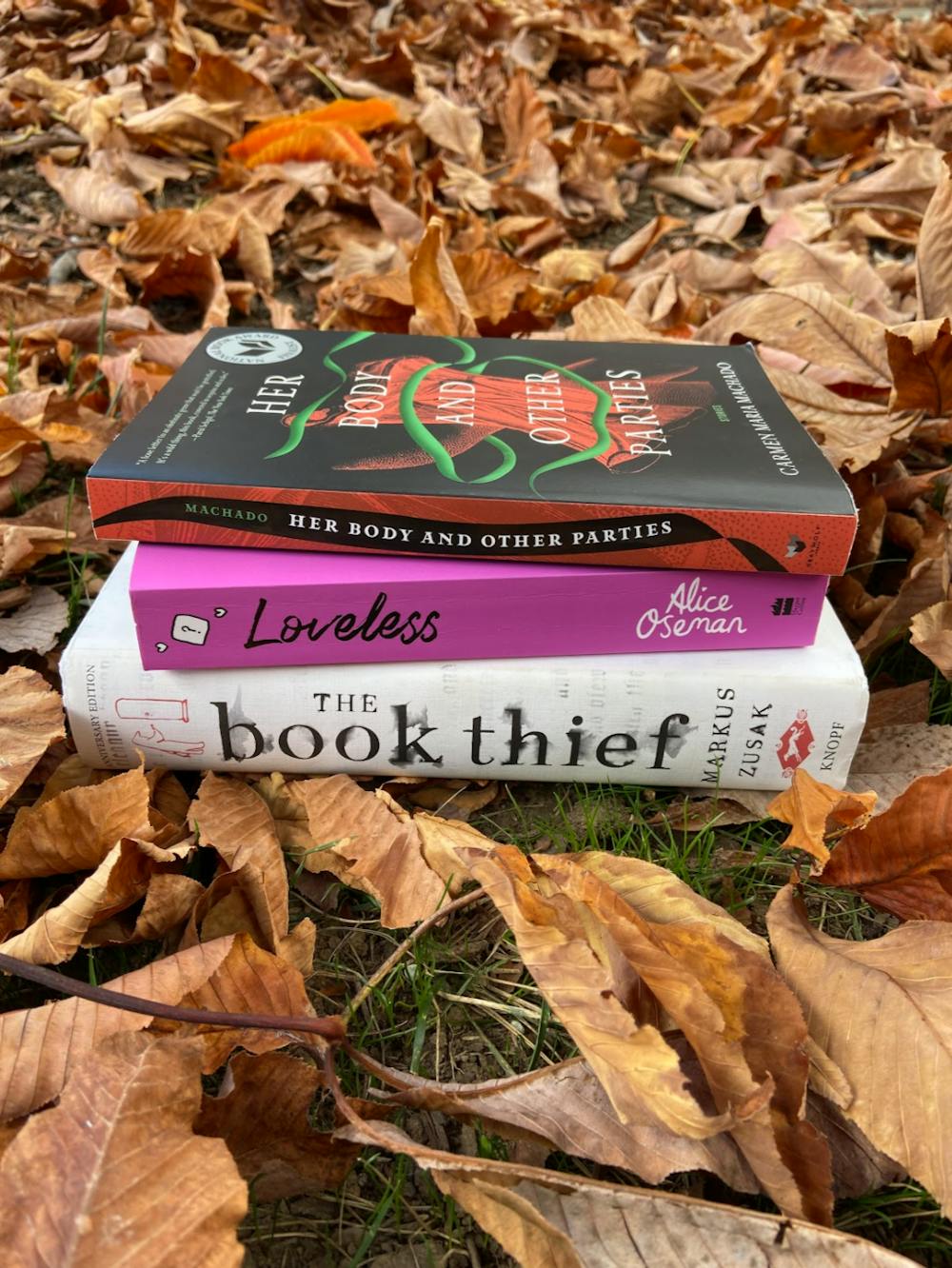We’re often given quite contrary takes on the value of written language versus visual works. The book is better than the movie, but an image is worth a thousand words. In an increasingly digital world, it appears we’ve turned more toward the latter sentiment, replacing books with television shows, video games and social media. According to the American Psychological Association, “less than 20 percent of U.S. teens report reading a book, magazine or newspaper daily for pleasure, while more than 80 percent say they use social media every day.” According to this same study, in the 1970s, 60 percent of 12th grade students surveyed reported reading a book for pleasure every day, compared to 16 percent in 2016. It is evident that reading no longer dominates the sphere of leisurely activities as it once did — and at the risk of sounding like a stereotypical English major, I want to make a case for it.
To be clear, I myself don’t read as much as I once did to or would like to. Quite often, reading for pleasure is the first thing to go once I get busy. But during winter breaks, I take time for myself. Each year, I ask for books as holiday gifts, and having received several, it’s a tradition to select one and sit down, enraptured for hours, reverting back to my childhood self. I was a quiet kid and often preferred the company of books to people. I buried myself in other worlds, only pausing when my parents called upstairs that it was time for dinner.
This winter break was like any other. The book in question this year was “Outlander” by Diana Gabaldon, one I can remember my mom reading when I was younger. I fell in love with the characters and picturesque landscape of the Scottish Highlands in the 1700s, imagining myself a part of the adventures of the plot. As a self-described avid reader, even I was surprised with how quickly I was able to lose myself in the text — I would check the time after what felt like minutes and realize several hours had passed.
There’s an absolutely beautiful phenomenon that happens when you read a good work of fiction — you find yourself getting sucked into the story entirely. It’s the closest you can get to that childlike wonder in playing pretend, allowing you to escape to other dimensions. Taking time away from the stress of your ordinary life is a wonderful and relaxing feeling. In actuality, it’s not just a feel-good phenomenon — it’s good for you. According to psychologists, “transportation” — or the act of getting lost in a book — has a number of psychological benefits, including giving readers a sense of belonging, helping readers develop and grow as people, improving social skills and even potentially lengthening life. So not only does it feel amazing to be able to lose yourself in a novel, it also has tangible health and development benefits.
Returning to “Outlander,” after having finished the book, I’m hungry for more. Thankfully, the author has written several other books in the series, and I’ve made up my mind to read them all. In addition, as a result of the initial novel’s acclaim, it’s been made into a TV series. Curious about the series, I asked my mom about her thoughts on it. Without batting an eyelash, she told me she hasn’t watched it, and likely won’t. And while I might have at the beginning of the break, I didn’t bat an eyelash either.
I’m a major culprit of binge-watching. I’ve finished entire television shows in a few days — or hours — more often than I’d like to admit. It’s easy and painless, and takes minimal effort. At the end of a long day, I want nothing more than to be able to sit back and watch something mindless. As I said above, I certainly don’t read as often as I’d like anymore. However, I’ve recently rediscovered that there’s an amazing power in being able to read a work of fiction and craft your own image of the events in your head. You’re able to create your own versions of the characters and settings, creating entire landscapes and worlds. You lose this entirely when watching a television show or movie adaptation. While the directors and actors have made artistic choices that may be thrilling and beautifully done, they’ve laid the scene out in front of you. Your own imagination matters naught — the way characters and setting look has already been determined for you on the screen. So I likely won’t be watching the show. Reading allows you to enhance your imagination in ways you simply can’t when watching something on-screen and I don’t want my interpretation ruined.
I encourage you to take some time for yourself today and read a book of your choice. You don’t have to give up binge-watching — I know I certainly won’t — but maybe make time this year for reading. Reading as a young girl taught me language and communication skills and helped me to develop an imagination and taste for adventure. It taught me how to write and enjoy writing, finding power in words. Without having read so intently as a kid, I likely wouldn’t be writing this column.
Hailey Robbins is an Opinion Writer for The Cavalier Daily. She can be reached at opinion@cavalierdaily.com.
The opinions expressed in this column are not necessarily those of The Cavalier Daily. Columns represent the views of the authors alone.







